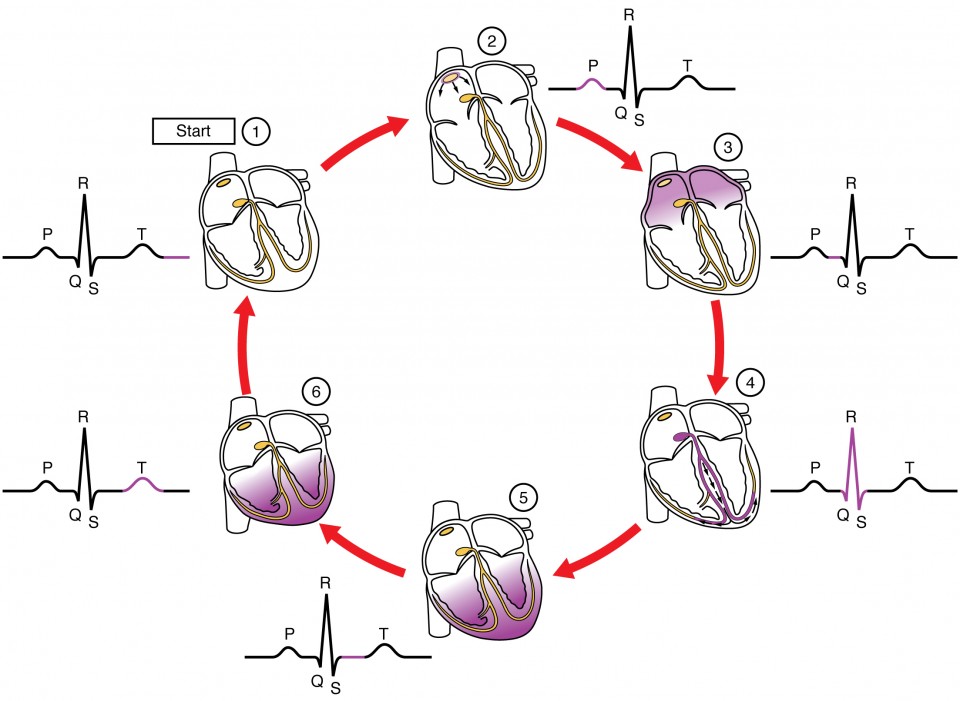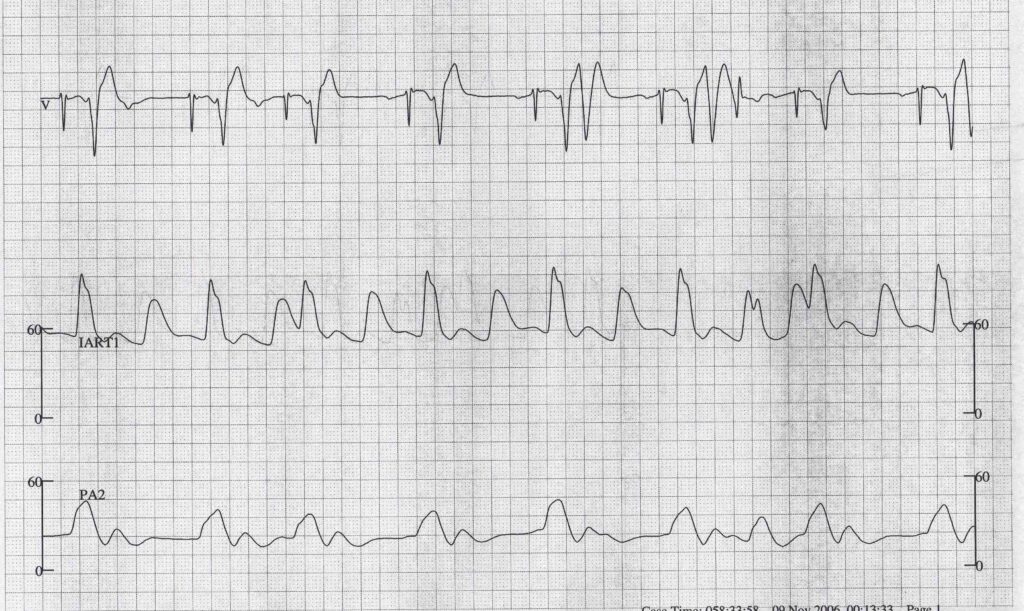Heart palpitations are a common experience for many people and can often be linked to premature ventricular contractions, or PVCs. These irregular heartbeats can cause concern, but understanding their nature, causes, symptoms, and management strategies can help individuals navigate this condition with greater confidence.

What Are Heart Palpitations?
Heart palpitations refer to the sensation of your heart beating irregularly, forcefully, or faster than usual. While they may feel alarming, they are not always a sign of a serious problem. In some cases, they are caused by premature ventricular contractions, which occur when the lower chambers of the heart contract earlier than they should in the normal heartbeat cycle.
How Do Premature Ventricular Contractions Work?
Premature ventricular contractions originate in the ventricles, the lower chambers of the heart. Normally, the heart follows a precise rhythm controlled by electrical signals that ensure coordinated contractions. When a premature ventricular contraction occurs, an abnormal electrical impulse disrupts this rhythm, causing the ventricles to contract too early. This can lead to the sensation of a skipped beat or a fluttering in the chest.
Causes of Premature Ventricular Contractions
Several factors can contribute to the occurrence of premature ventricular contractions. Understanding these causes can help individuals identify potential triggers and take steps to manage them effectively.
Lifestyle Factors
- Stress and Anxiety: Emotional stress and anxiety can increase the likelihood of experiencing irregular heartbeats. The body’s response to stress can affect the heart’s rhythm.
- Caffeine and Alcohol: Consuming excessive amounts of caffeine or alcohol can stimulate the heart and trigger premature ventricular contractions.
- Tobacco Use: Smoking introduces harmful chemicals into the body, which can irritate the heart and disrupt its normal rhythm.
- Physical Activity: Intense exercise or physical exertion can sometimes lead to irregular heartbeats, especially if the individual is not accustomed to such activity levels.
Medical Conditions
- High Blood Pressure: Elevated blood pressure places extra strain on the heart, increasing the risk of irregular heartbeats.
- Heart Disease: Conditions such as coronary artery disease or heart failure can predispose individuals to premature ventricular contractions.
- Hormonal Changes: Fluctuations in hormone levels, particularly during pregnancy or menopause, can affect heart rhythm.
- Electrolyte Imbalances: Low levels of essential minerals like potassium, magnesium, or calcium can disrupt the electrical signals in the heart.
Medications and Substances
- Certain Medications: Some medications, including decongestants and certain antidepressants, can have side effects that affect heart rhythm.
- Illicit Drugs: The use of recreational drugs such as cocaine or amphetamines can severely impact heart health and lead to irregular beats.
Symptoms of Premature Ventricular Contractions
While some individuals may not notice any symptoms, others may experience noticeable sensations that indicate the presence of premature ventricular contractions. Recognizing these symptoms can help individuals seek appropriate medical advice.
Common Sensations
- Skipped Beats: Many people describe feeling as though their heart has skipped a beat, followed by a stronger-than-usual contraction.
- Fluttering: A fluttering sensation in the chest is another common symptom, often described as a rapid or irregular heartbeat.
- Increased Awareness of Heartbeat: Some individuals become hyper-aware of their heartbeat, noticing every beat more acutely than usual.
Associated Symptoms
- Dizziness: Irregular heartbeats can sometimes lead to dizziness or lightheadedness due to reduced blood flow to the brain.
- Fatigue: Persistent premature ventricular contractions can leave individuals feeling unusually tired or drained.
- Chest Discomfort: Some people may experience mild discomfort or tightness in the chest, although this is typically not severe.
Diagnosing Premature Ventricular Contractions
If you suspect that you are experiencing premature ventricular contractions, it is important to consult a healthcare professional for proper diagnosis. Several diagnostic tools can help determine the presence and severity of these irregular heartbeats.
Medical History and Physical Examination
Your doctor will begin by taking a detailed medical history and conducting a physical examination. They may ask about your lifestyle, stress levels, and any medications or substances you consume regularly.
Electrocardiogram
An electrocardiogram, or ECG, is a non-invasive test that records the electrical activity of the heart. It can detect irregularities in heart rhythm and help identify premature ventricular contractions.
Holter Monitor
A Holter monitor is a portable device that records the heart’s activity over a 24- to 48-hour period. This allows doctors to capture data on heart rhythm during daily activities, providing a more comprehensive picture.
Event Recorder
For individuals who experience infrequent symptoms, an event recorder may be used. This device is worn for an extended period and records the heart’s activity only when the individual activates it during an episode.
Management and Treatment Options
The management of premature ventricular contractions depends on their frequency, severity, and impact on the individual’s quality of life. Treatment options range from lifestyle modifications to medical interventions.
Lifestyle Modifications
- Reduce Stress: Practicing relaxation techniques such as deep breathing, meditation, or yoga can help reduce stress and minimize irregular heartbeats.
- Limit Stimulants: Cutting back on caffeine, alcohol, and tobacco can significantly reduce the occurrence of premature ventricular contractions.
- Maintain a Healthy Diet: Eating a balanced diet rich in fruits, vegetables, whole grains, and lean proteins supports overall heart health.
- Stay Hydrated: Proper hydration ensures that electrolyte levels remain balanced, reducing the risk of heart rhythm disturbances.
Medications
- Beta-Blockers: These medications slow the heart rate and reduce the force of contractions, helping to regulate heart rhythm.
- Calcium Channel Blockers: Similar to beta-blockers, these drugs help control heart rate and rhythm.
- Antiarrhythmic Medications: In more severe cases, specific medications designed to stabilize heart rhythm may be prescribed.
Procedures and Interventions
- Catheter Ablation: This minimally invasive procedure involves destroying small areas of heart tissue responsible for triggering irregular beats.
- Implantable Devices: In rare cases, devices such as pacemakers or implantable cardioverter-defibrillators may be recommended to manage severe symptoms.
When to Seek Medical Attention
While premature ventricular contractions are often harmless, there are situations where immediate medical attention is necessary. If you experience any of the following symptoms, contact a healthcare provider promptly:
- Chest pain or pressure
- Shortness of breath
- Fainting or near-fainting episodes
- Rapid or irregular heartbeat accompanied by dizziness
Living with Premature Ventricular Contractions
For many individuals, premature ventricular contractions are a manageable condition that does not significantly interfere with daily life. By adopting healthy habits and working closely with healthcare providers, most people can maintain a high quality of life despite occasional irregular heartbeats.
Monitoring Your Condition
Keeping track of your symptoms and any potential triggers can provide valuable insights for both you and your healthcare provider. Consider maintaining a journal to document episodes, noting factors such as time of day, activity level, and emotional state.
Building a Support Network
Connecting with others who share similar experiences can be reassuring and empowering. Support groups, whether in-person or online, offer opportunities to exchange advice, share coping strategies, and build a sense of community.





